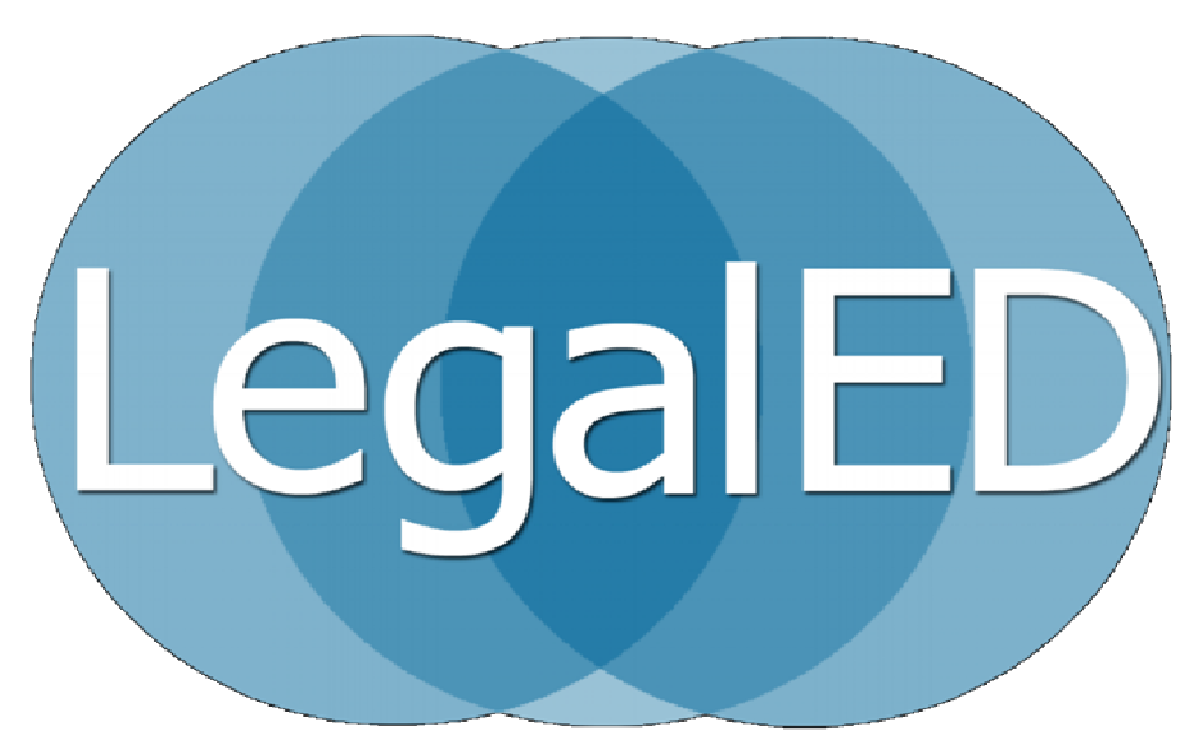Becoming a Lawyer -- Professional Formation
Professor Michele Pistone
Welcome to the Clinical Program! We will be talking about Professional Formation and Becoming a Lawyer during an Orientation working lunch. In preparation for that meeting, please review two things.
First, Before orientation we would like each of you to take the VIA Signature Strength Questionnaire (link is available ½ way down this page http://www.authentichappiness.sas.upenn.edu/questionnaires.aspx). This is a survey based on positive psychology and asks questions that help you to identify your strengths and what brings you happiness. This is a good time in your professional development to get a sense of who you are and what makes you tick. So, set aside some time (it will take more than an hour), find a quiet place, be authentic and learn about yourself. We will discuss this and other aspects of professional development during Orientation. We won’t ask you to share the results if you do not want to, but hope to be able to talk to you about them as we begin to think about you in the new role of lawyer.
Second, prepare yourselves for a semester of reflection by reviewing the attached list of 26 Effectiveness Factors and how we plan to measure progress toward your work in that area.
The Clinical Program is committed to helping each of you grow in your role as attorney during your time with us. We believe that the best way to help you to learn from your experiences is to provide as much feedback and assessment of your progress as possible. Through constant assessment you can see where you are, where you’re going and what steps you need to take to get there. Assessment also gives you more autonomy and control over your own learning goals and helps you to measure progress toward achieving them. And, autonomy is one of the best motivators and a key to success in law school and life.
We would like us to think more broadly about the work you do and how it comports with predictors of successful lawyering. In that regard, we crafted the attached table. The chart lists 26 factors that have been found to be predictors of success as a lawyer. It is based on the work of Professors Shultz and Zedeck from Berkeley. We categorized them for ease of use, based in part on the three apprenticeships developed by The Carnegie Foundation for the Advancement of Teaching, see William Sullivan, et. seq, Educating Lawyers: Preparation for the Profession of Law (2007).
Throughout your experience in the clinic, we will ask that you complete as much of the chart as you deem appropriate; if there are factors that you do not believe apply to your clinic-related work, feel free to leave that category blank. You should hand the completed table in to your supervisor twice during the semester – once before your mid-semester evaluation meeting and then again before the end of semester evaluation meeting. While you only hand it in twice, in the past, students have found that it is useful to keep a running tab of tasks throughout the semester, so that you do not lose track of them.
In filling this out, please be as specific as possible. The more detail you provide about what actions you took and why (your thought process), the better. And note that no task is too small to record. It may be that a simple phone call or interaction with a witness reveals a lot about how you exhibit the requisite factors. Former students have found this exercise to be very empowering and motivating as it illustrates all that you can learn and accomplish in just 13 weeks. We hope it motivates you in the same positive ways.
Note also that your professors may rely on your submission when they are asked to give job references (both now and in the future). In that regard, we have found that employers respond very positively to references when we provide detail and specificity. The more detail we can provide a potential employer about the specifics of what you did, how you faced specific challenges and what steps you took to solve specific problems (no matter how small the problem), the more successful the reference has been. So, please take the time to reflect upon your work and provide as much detail as you can.
26 Effectiveness Factors
CRITICAL THINKING
Analysis and Reasoning (intellectual & cognitive)
Creativity/Innovation
Practical Judgment (intellectual & cognitive)
Problem Solving (intellectual & cognitive; skills)
Strategic Planning (intellectual & cognitive; skills)
FACT GATHERING
Researching the Law (intellectual & cognitive; skills)
Questioning andInterviewing (skills)
Listening (skills)
PERSUASIVE REASONING
Influencing and Advocating (skills)
Writing (skills)
Speaking (skills)
Fact Finding (skills)
INTRA-PERSONAL DEVELOPMENT
Integrity/Honesty (identity & formation)
Able to See the World Through the Eyes of Others (identity & formation)
Self-Development (identity & formation)
Organizing and Managing (Own) Work (identity & formation)
Self-Reflection Evaluation and Improvement (identity & formation)
Stress Management (identity & formation)
Diligence (identity & formation)
INTER-PERSONAL SKILLS DEVELOPMENT
Collaborating with People from Other Disciplines (identity & formation)
Organizing and Managing Others (Partner/Staff/Class Colleagues/Other Professionals) (identity & formation)
Developing Relationships (identity & formation)
Community Involvement and Service (practice)
Negotiation Skills (practice)
Cross-Cultural Understanding (identity & formation)
